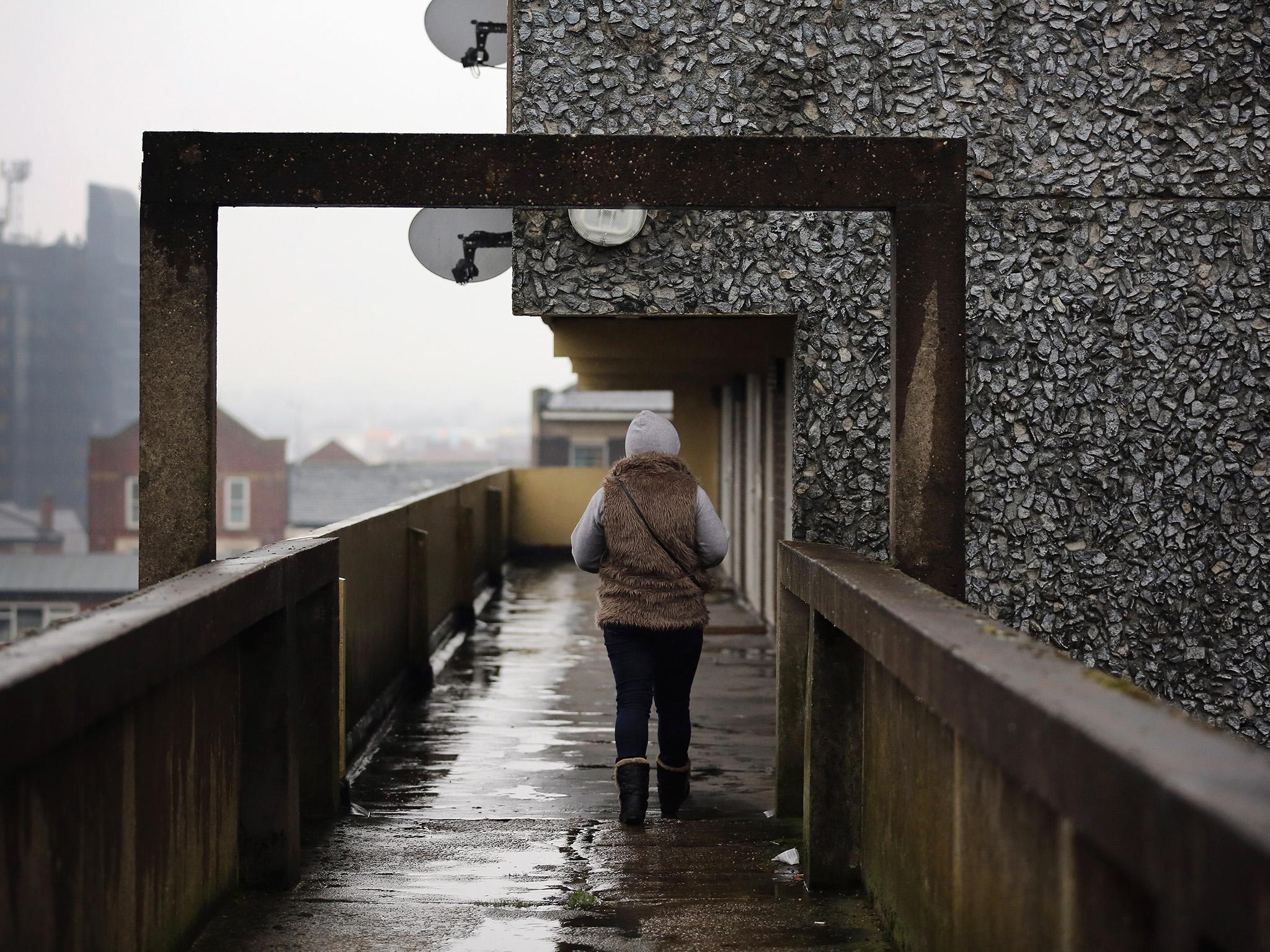Women in poorest parts of England have same ill health at 60 as wealthiest aged 76, study finds
‘A healthy, thriving society must have all the right building blocks in place, including good quality jobs, housing and education. Without these, people face shorter lives, in poorer health,’ says campaigner

A 60-year-old woman living in the most deprived parts of England has the same level of illness as a 76-year-old woman living in wealthier parts, according to a new study.
The report, carried out by the Health Foundation, found the gap was smaller for men, with a 60-year-old in the poorest areas experiencing the same amount of illnesses as a man 10 years older in the richest areas.
Researchers discovered those in the most deprived parts of England were diagnosed with serious illness sooner in their lives and die younger than those in richer areas.
The study, based on hospital and primary care data, found that while life expectancy inequality is starker for men than women, females spend longer living with a diagnosed illness.
Researchers looked at long-term illnesses such as cardiovascular disease, chronic pain, diabetes, and mental health issues like depression and anxiety.
Jo Bibby, of the Health Foundation, a charity, said: “The NHS wasn’t set up to carry the burden of policy failings in other parts of society.
“A healthy, thriving society must have all the right building blocks in place, including good quality jobs, housing and education. Without these, people face shorter lives, in poorer health. This has a big economic impact, with many older workers now leaving the labour market due to ill-health.
“Both leadership candidates have committed to taking forward the levelling-up agenda, including the commitment to improve life expectancy in the most deprived areas - but this can only be achieved via concerted action across practically every government department.”
Ms Bibby warned the postponed Health Disparities White Paper offers up a chance “to outline such a plan” as she called for Tory leadership candidates Rishi Sunak and Liz Truss, to pledge to tackle stark health inequities if they become PM.
“And delivering for red wall areas and disadvantaged communities across the country,” she added.
The study found women living in the most impoverished parts of England have a life expectancy of five years shorter than those living in the richest regions. More than half of women who live in the poorest areas spent on average 44 years of their lives in poor health, in comparison to 46 per cent of women in the richest parts, the report found.
Researchers also discovered children and teens in poorer areas are much more likely to be living with conditions such as asthma and epilepsy, and to have alcohol problems.
Meanwhile, young people in their 20s in poorer areas are more likely to be diagnosed with chronic pain, experience alcohol problems and have depression and anxiety. Once they hit 30 years old, disparities in diabetes, chronic obstructive pulmonary disease and cardiovascular disease rates increase.
Researchers unearthed substantial ethnic disparities in diagnosed illness with those from Black Caribbean Pakistani and Bangladeshi backgrounds found to have higher levels of long-term illness than white people.
Previous research has found Black women in Britain are four times more likely to die during pregnancy or while giving birth than white women, with Asian and mixed-race women being twice as likely to do so.
The latest study unearthed health inequalities linked to geographical region, with those living in the North East and North West having the most pressing health care requirements as a result of long-term illness.
There are especially high levels of diagnosed chronic pain and alcohol issues in the North East, the study found.
Researchers warned such issues are key for voters in so-called “red wall” areas - with a study from last month by the Health Foundation finding that 37 per cent of 2019 Tory voters would be less likely to vote Conservative if the government pulls its manifesto pledge to curb life expectancy inequities.
Join our commenting forum
Join thought-provoking conversations, follow other Independent readers and see their replies
Comments



Bookmark popover
Removed from bookmarks